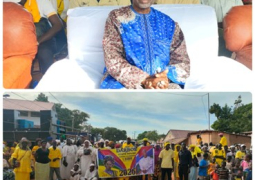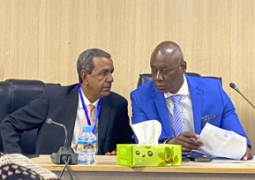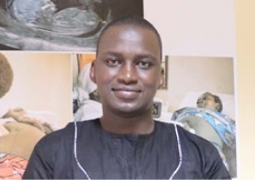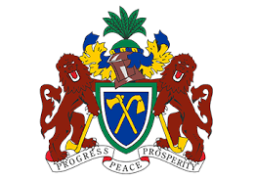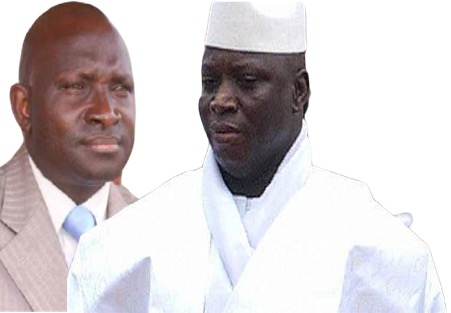
“It is essential to understand that, as Minister of the Interior, I had no operational powers. My prerogatives as Minister are described in the specifications you have on file... I played a purely political role and was always careful... never to interfere with the responsibilities of the heads of service, who had full operational responsibility. Both the Permanent Secretary of the Ministry and the heads of service were appointed by the President,” he told the court in an official response to the amended charges of indictment against him.
The former minister was making his first verbal reactions to the charges yesterday, brought against him by the Federal Prosecutor’s team and several plaintiffs who have been victims of his alleged acts of torture, sexual violence, extrajudicial killings and false imprisonment in The Gambia.
Following some new information available to the lawyers of the witnesses and the federal prosecutor, the charges were further amended to include new counts being pursued under crimes against humanity, prompting him to make a formal, written response through his lawyer.
Now 55, Ousman Sonko had already spent seven years in Swiss custody, three of which were formally spent under investigations. His lawyer has argued the “disproportional” length of Sonko’s detention, especially pointing to current health conditions of his client. Sonko is reportedly diabetic. He had also reported conditions of his detention, especially in regards to food; and the solitary confinement was also blamed for sight problems he reportedly developed during this time.
His lawyer claimed that Sonko suffered mental health problems and depression as a result of the conditions of his detention.
At the opening of the trial on Monday, his lawyer spoke for four hours, and had requested the amended indictment be invalidated. He is also demanding that no investigation be carried out into the second indictment, and that the trial be based only on the first indictment. That Switzerland had no jurisdiction over the charges before January 1, 2011 when the universal jurisdiction law came into force in that country.
In his arguments, only charges subject to universal jurisdiction are eligible. However, prosecution and lawyers of witnesses also argued that crimes of humanity constitute an exception to the prohibition of retroactivity, especially when such crimes worsen in nature. Sonko faces charges of murder of AlmamoManneh: rape and sexual violence of a key witness, and other crimes of torture brought by some military officials of Gambia Army, women opposition politicians and some journalists – all of which are subject to Swiss criminal law.
Lawyers for the plaintiffs in response argued that Sonko’s lawyer’s strategy is to look for procedural errors in order to distract the court from what should actually be negotiated or established. “Procedural arguments are constructed to question the validity of the accusation: this is a diversionary tactic. Sonko was the Jammeh regime’s longest-serving senior official,” lawyers for the plaintiffs argued.
“Before 2011, these crimes were already punishable at the time they were committed. At the time they were recorded, crimes against humanity in the Swiss Criminal Code 2011 (Article 264 StGB) was not yet statute-barred. This means that they are not subject to the statute of limitations as crimes against humanity, and there is no violation of the prohibition of retroactivity,” the lawyers further argued.
Federal Prosecutor's Office in addition: to the above arguments said responsibility for the said crimes are also based on the Anti-Torture Convention, which came intoforce in Switzerland in 1987 and requires the criminalization of all acts of torture.
The court, after all day of submissions from both defence lawyers and prosecutors, had decided that Sonko indeed had to answer for these crimes and that the court had jurisdiction to hear the case. He is therefore being questioned in the dock by afternoon of yesterday, into the evening.


